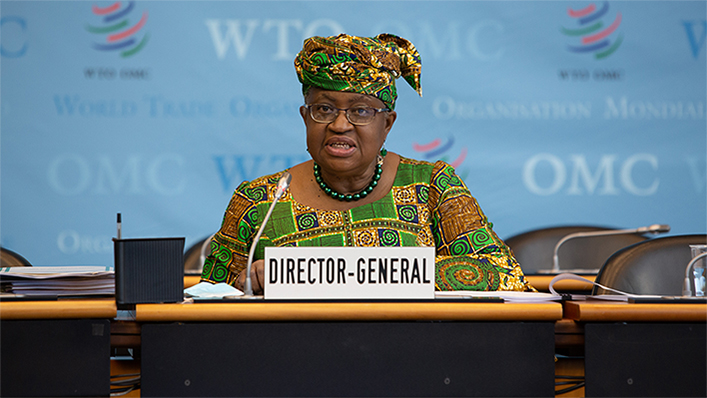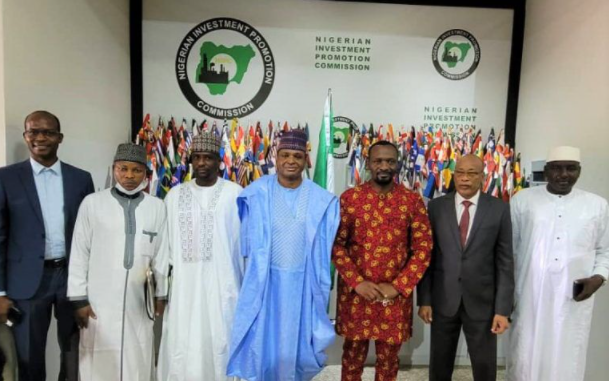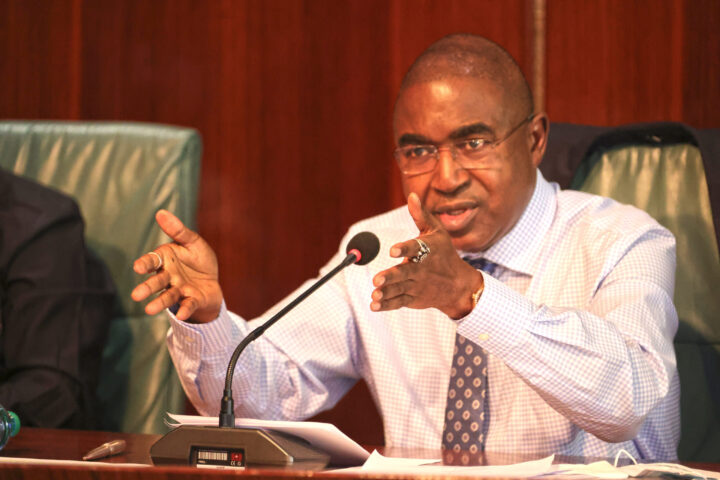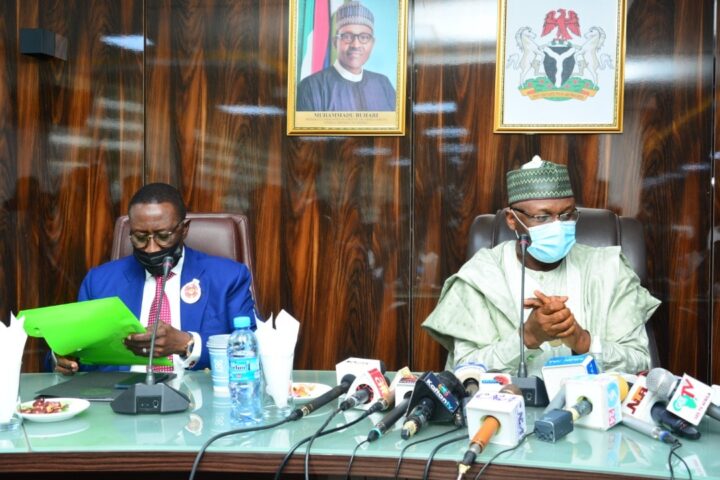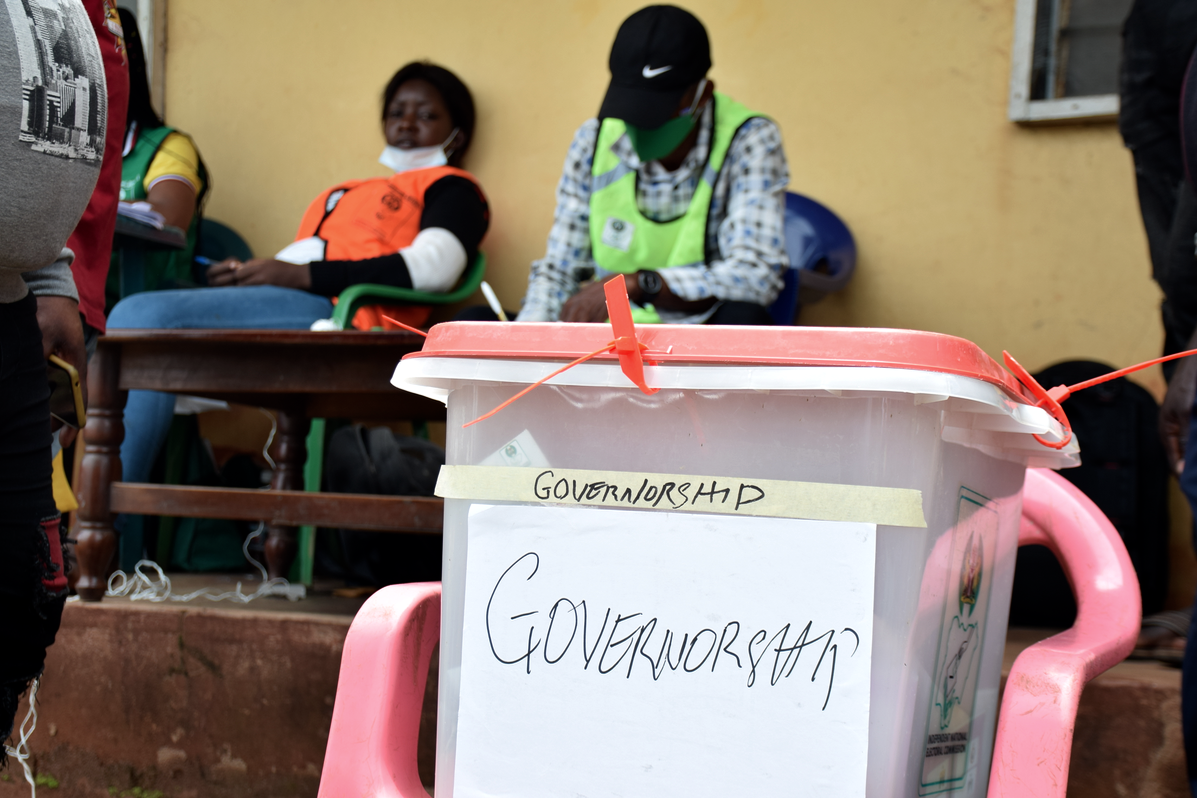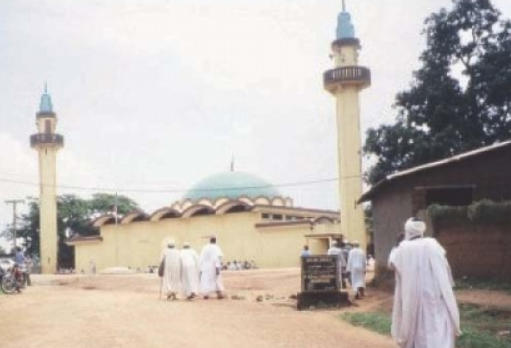Multilateral international agreements, when properly harnessed, can produce significant economic and social benefits. The reverse is however the case when a participating country is unable to be strategic in such multilateral engagements. This, to a large extent, has been the case with Nigeria and the Trade Facilitation Agreement (TFA) of the World Trade Organization (WTO). The TFA is designed to improve trade facilitation, and despite trade facilitation having the potential of attracting US$170 billion to Nigeria in new trade flows within 20 years, Nigeria has still not been able to implement the TFA, as well as meet many of her WTO obligations.
It is with this precedence in mind that the Investment Facilitation for Development (IFfD) proposed agreement by the WTO, is being assessed. The IFfD is in essence, the investment version of an agreement, designed and championed by the WTO to facilitate the easy flow of investment across the world. Therefore, while TFA is for trade, IFfD is for investment. It is important to mention that Nigeria’s Federal Ministry of Industry, Trade & Investment (FMITI) is therefore the government ministry responsible for the IFfD, as it was for TFA. More on this later.
Structured Discussions by the WTO on the Investment Facilitation for Development have been ongoing since the Eleventh WTO Ministerial Conference in Buenos Aires, in 2017. The 2017 Joint Ministerial Statement was aimed at developing a multilateral framework on Investment Facilitation for Development. Members also agreed that facilitating greater developing and least-developed Members’ participation in global investment flows should constitute a core objective of the framework. The discussions shall, however, not address market access, investment protection, and Investor-State Dispute Settlement.
The relatively new Director-General of the WTO Dr. Ngozi Okonjo-Iweala has also highlighted the IFfD, which should culminate in an Investment Facilitation Agreement (IFA) as one of the main tasks she aims to see through.
Advertisement
Why then is the IFfD and proposed IFA important for Nigeria? Two major reasons make it important. The first will be the current state of Nigeria’s economy, while the second will be drawn from the country’s experience in the implementation of the TFA.
That all countries of the world, including the very high-income countries, continue to seek more investment into their countries, explains the importance of investment attraction. This is because investment brings in value, jobs, income, and economic development for the recipient country. Nigeria at present is facing declining investment and economic circumstances. Between 2015 to date, unemployment has risen from 8.2 percent to 33.3 percent, inflation from 9 percent to 18.17 percent, alongside a recession, the first in decades. The poverty rate stands at about 40 percent of the population, while the value of the naira against the US dollar, has declined from N199 to US$1, to N410 to US$1. Public debt has risen to $79.303bn from US$10.72 billion in 2015, while external debt has also risen from US$10.316 billion in May 2015 to US$33.3bn in December 2020. The Covid-19 pandemic is projected to have cost the Nigerian economy severely, as GDP fell by 23 percent during the lockdown. Household incomes also fell by 25 percent, leading to 9 percentage points increase in the poverty rate nationally.
The value of the naira against the US dollar at the parallel market where it is more accessible stands at N570 to US$1. One of the major reasons for the declining value of the naira has been the declining rate of real foreign direct investment (not to be confused with foreign portfolio investment), into the country. As a result, the outstripping of foreign exchange demand, when compared to foreign exchange and investment inflow, or supply, continues to negatively affect the naira.
Advertisement
Of the world GDP of US$84 trillion, Nigeria constitutes US$400 billion or 0.81 percent adjusted for purchasing power parity. Out of the world population of 7.9 billion, Nigerians constitute 205 million or 2.64 percent of the total world’s population. The country’s share in Africa trade is 15 percent, which accounts for only 0.33 percent of global trade. Investment attraction into the country has also been declining, as its investment attraction ranking in Africa has dropped from 4th in 2018, to below the top 10 in 2021 rankings. When investment across the constituting parts of the country is disaggregated, only 10 states out of the 36 states and FCT in Nigeria received any investment in 2020.
To significantly address the challenges of poor investment inflow into Nigeria when compared to other African countries, as well as into more sub-national state governments in the country, a more strategic approach is therefore required towards the proposed IFA.
The second factor that makes the proposed IFA very important for Nigeria, is her experience with the WTO TFA which has the potential of attracting US$170 billion to Nigeria in new trade flows, within 20 years. To recount, Nigeria demonstrated her commitment to the principles of the WTO by ratifying the WTO Trade Facilitation Agreement (TFA) in 2017, under Category A. Despite these best intentions, the country has been unable to attain and fully implement all that is required in the TFA. Some assessment of the challenges with implementing the TFA will suggest more strategy, synergy, and circumspection by Nigeria before such agreements are either completed, signed, or come into force.
What then can be done by Nigeria, to enable the maximization of multilateral agreements, and prevent her from facing the same challenges with IFA, as similar to WTO TFA?
Advertisement
As previously observed, the Federal Ministry of Industry, Trade & Investment represents Nigeria at the WTO. Given the low awareness observed on the IFfD, the ministry has to organize better briefings and explanations regarding the Structured Discussions on IFfD in the Nigerian media, as a way for preparing Nigerians and other stakeholders for the IFA. In particular, given the challenges that Nigeria, a Category A country has faced in implementing the TFA, the need arises for better strategic engagement and planning with all stakeholders such as the Organized Private Sector and other arms of government on the IFfD – which is one of the key agenda of the current WTO DG.
With the Nigeria Investment Promotion Commission (NIPC) of FMITI likely the key implementing agency, understanding what their observations have been, if any, what implications the proposed IFA may have on investment laws in Nigeria, as well as Nigeria’s readiness for implementation, should be critically analysed, to identify objections and positions the FMITI should champion during WTO discussions.
As the IFfD aligns with the Ease of Doing Business Agenda of the government, the need also arises for the Enabling Business Environment Secretariat (EBES) of the Presidential Enabling Business Environment Council (PEBEC) to be involved in preparing Nigeria’s IFfD position.
Also, as Africa’s largest economy and most populous country, and in line with the country’s multilateral objectives and realities of the African Continental Free Trade Agreement (AfCFTA), FMITI should work with the Ministry of Foreign Affairs (MFA), in consulting and developing concentric positions on behalf of the Economic Community of West African States (ECOWAS) and African Union (AU). The positions of AU and ECOWAS should be submitted to the WTO early enough, as the European Union (EU) in 2020, has gone ahead to make proposals for the negotiation of a series of WTO disciplines and commitments relating to investment facilitation for development.
Advertisement
Inherent in this proposition, is a more visible role for MFA, in line with economic diplomacy promotion. The country’s position on the IFfD should be made to align with her drive for attracting investment for industrialization and job creation, in synchronization/alignment with the Special Economic Zones (SEZs), Nigeria Industrial Revolution Plan (NIRP), Medium Term National Development Plan 2021-2025, Nigeria Agenda 2050, Africa Continental Free Trade Agreement (AfCFTA). This alignment should also extend to Nigeria’s economic commitments with multilateral partners such as the Country Program of the United Nations Industrial Development Organization (UNIDO) and the Fourth Industrial Revolution Plan. When extrapolated, the desired investment attraction will support good standards, that reduce high export rejection rates.
For investment attraction into states, FMITI and NIPC can use the National Economic Council which is chaired by the Vice President of Nigeria and has 36 state governors and CBN governor as members, as a platform to seek the input of states as part of Nigeria’s position on the IFA, as a way of strategically attracting investment into Nigerian states that have challenges with investment attraction.
Advertisement
Integral also in a strategic approach to the IFA, is the possibility of attracting targeted investments that can improve Nigeria’s economic complexity, for sustainable economic development. At present, Nigeria ranks bottom at 133 out of 133 countries, on Harvard University’s Economic Complexity Index.
In concluding on lessons from the poor implementation of the TFA by Nigeria, a potential question will be are there policy or legal factors responsible for the poor implementation of TFA in Nigeria? While this question is not the main thrust of this piece, it can be safely concluded that the approaches proposed towards a more strategic engagement of the WTO by Nigeria with regards to the IFfD, should address any policy, legal or aspirational issues that may inhibit the proposed IFA.
Advertisement
To summarise, investment attraction is essential for Nigeria. The lessons from the WTO TFA show that Nigeria will have to be more strategic at the discussion stage so that she will be able to implement the IFfD to her advantage when it becomes the WTO Investment Facilitation Agreement.
Uwanaka writes through [email protected]
Advertisement

